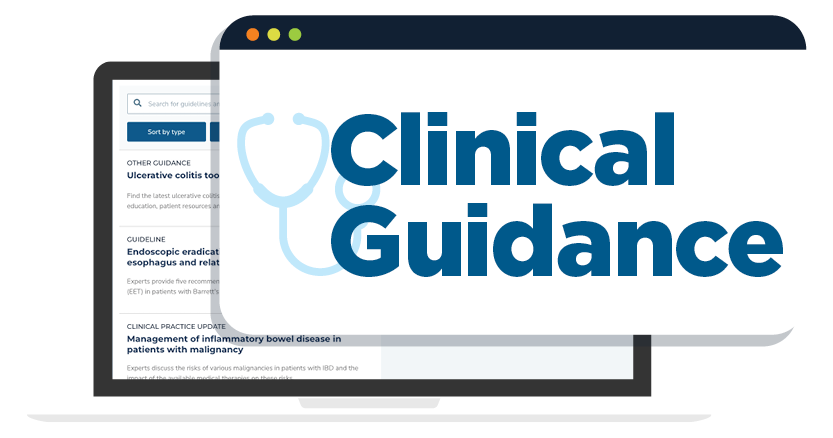1. In patients presenting with acute liver failure (ALF), AGA suggests against routinely testing all patients for Wilson’s disease.
Comment: In a setting of high clinical suspicion, testing for Wilson’s disease can be considered, keeping in mind the low positive predictive value. Although the management and outcome of ALF would not be altered, identification of Wilson’s disease would allow appropriate post-transplantation management and screening of the patient’s family members.
2. In patients presenting with ALF, AGA suggests testing for herpes simplex virus (HSV) and treatment of patients with HSV.
3. In immunocompetent patients presenting with ALF, AGA suggests against routinely testing all patients for varicella zoster virus (VZV).
4. In pregnant women presenting with ALF, AGA suggests testing for hepatitis E.
5. In patients presenting with ALF, AGA suggests using the Model for End-Stage Liver Disease (MELD) score rather than the Kings College Criteria (KCC) as a prognostic scoring system.
Comment: A MELD score of 30.5 (fixed cut-off level) should be used for prognosis; higher scores predict the need for liver transplantation.
6. In patients presenting with ALF, AGA suggests against the routine use of liver biopsy.
7. In patients presenting with ALF, AGA suggests autoantibody testing for autoimmune hepatitis be performed.
8. In patients presenting with ALF, AGA suggests against the empiric use of treatments to reduce intracranial pressure (ICP).
9. In patients presenting with ALF, AGA recommends that extracorporeal artificial liver support systems only be used within the context of a clinical trial.
10. In patients presenting with acetaminophen-associated ALF, AGA recommends the use of N-acetyl cysteine (NAC) in acetaminophen-associated ALF.
11. In patients presenting with non-acetaminophen-associated ALF, AGA recommends that NAC only be used in the context of clinical trials.












